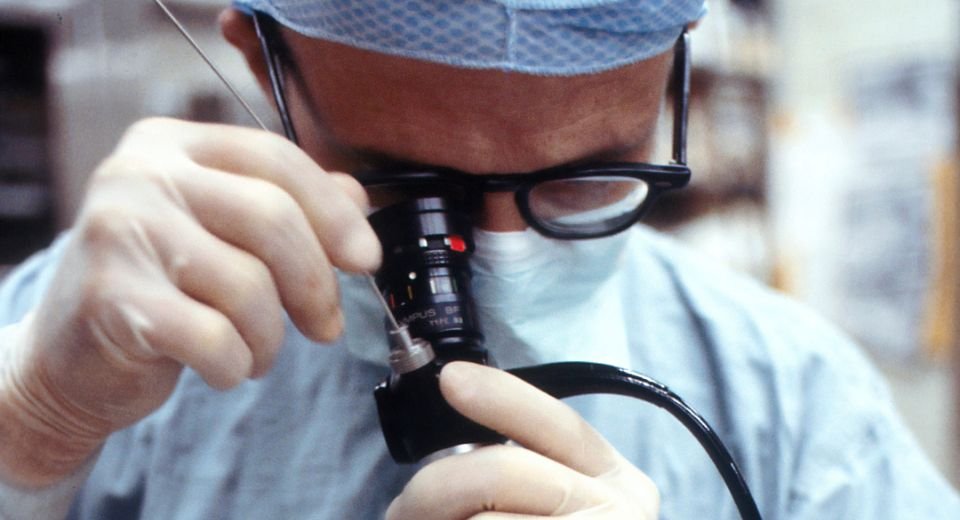HQ Team
October 13, 2023: Eli Lilly and Company announced its experimental drug for treating severe Crohn’s disease met secondary targets in efficacy and safety.
Crohn’s disease is a form of inflammatory bowel disease that can cause systemic inflammation with symptoms such as abdominal pain, diarrhea, fever and weight loss.
It can lead to intestinal obstruction, fibrosis and other complications.
The Eli Lilly trial met “all secondary endpoints compared to the placebo” in adult patients with moderate to severe Crohn’s disease, according to a company statement.
The Phase 3 or late-stage trials with mirikizumab and active control (ustekinumab) arms the study achieved a statistically higher proportion of clinical response at twelve weeks (54.1%) and clinical remission after 52 weeks compared to the placebo (19.6%).
Long-term clinical remission
The patients after 52 weeks did not have gastrointestinal symptoms of the disease.
In addition, for the endpoint of clinical remission, mirikizumab demonstrated “non-inferiority” versus ustekinumab. Additionally, for the endpoint of endoscopic response, mirikizumab did not achieve superiority to ustekinumab.
“Mirikizumab demonstrated robust efficacy across subgroups and particularly in patients for whom prior biologic therapy had failed,” said Lotus Mallbris, MD, PhD, senior vice president of immunology development at Lilly.
“Many people are seeking relief from their uncontrolled Crohn’s disease, including those still experiencing symptoms with available therapies such as TNF inhibitors.
“Helping patients achieve long-term clinical remission is what inspires us to develop innovative treatments for inflammatory bowel diseases, including Crohn’s disease and ulcerative colitis.”
With the new data, Eli Lilly plans to submit a marketing application for mirikizumab in Crohn’s disease to the Food and Drug Administration, followed by submissions to other regulatory agencies, in 2024.
